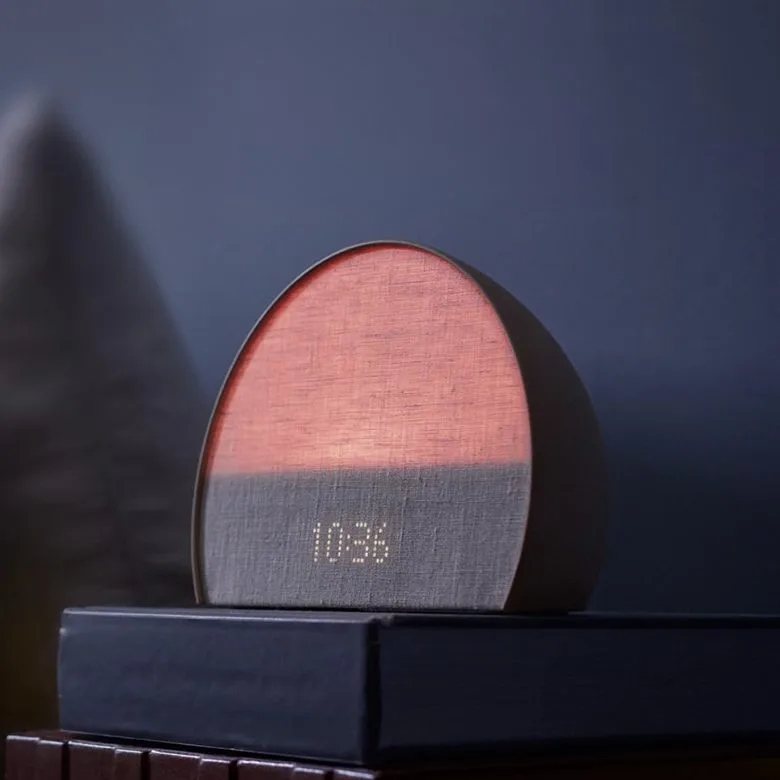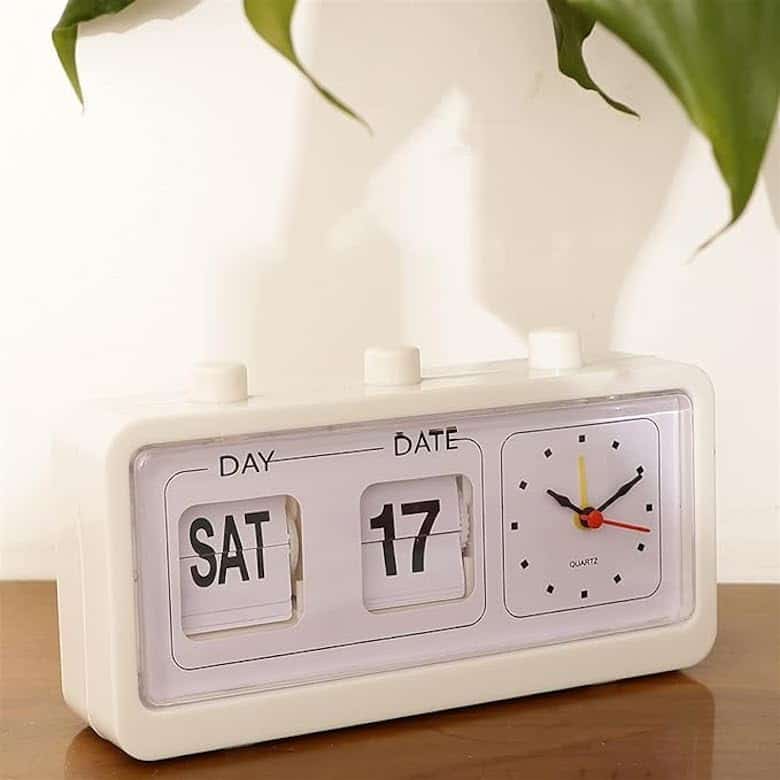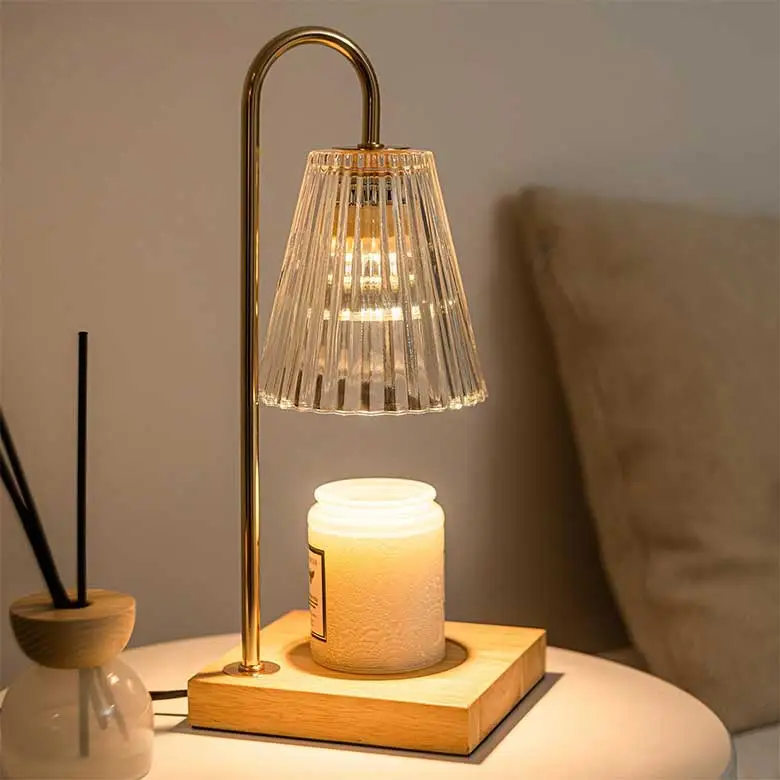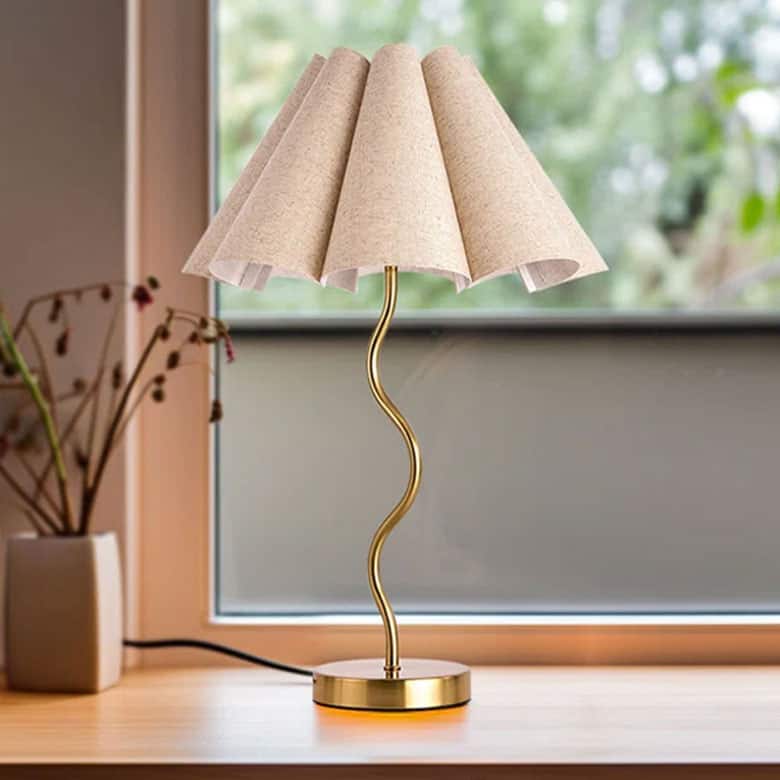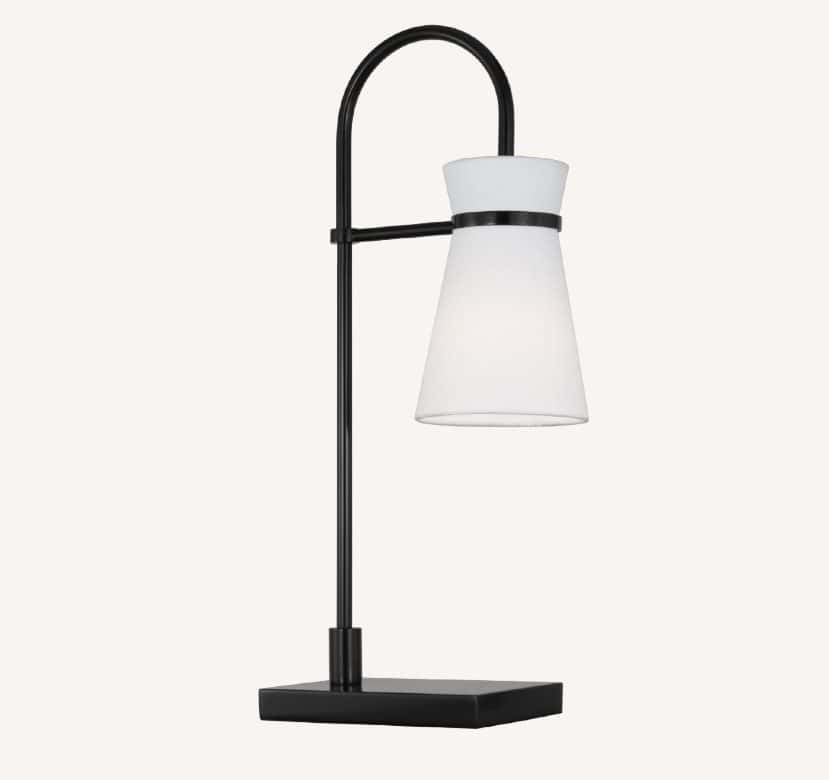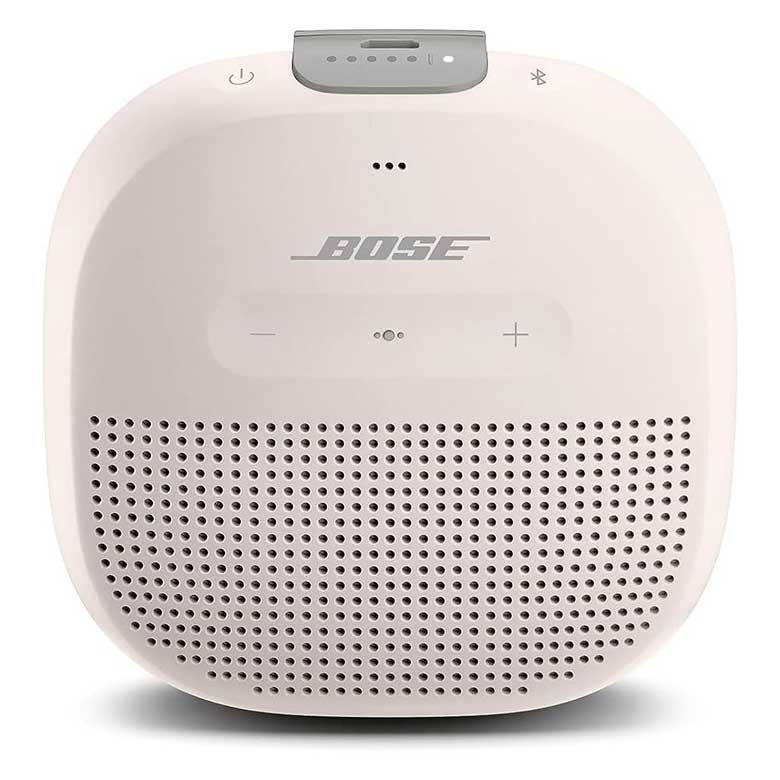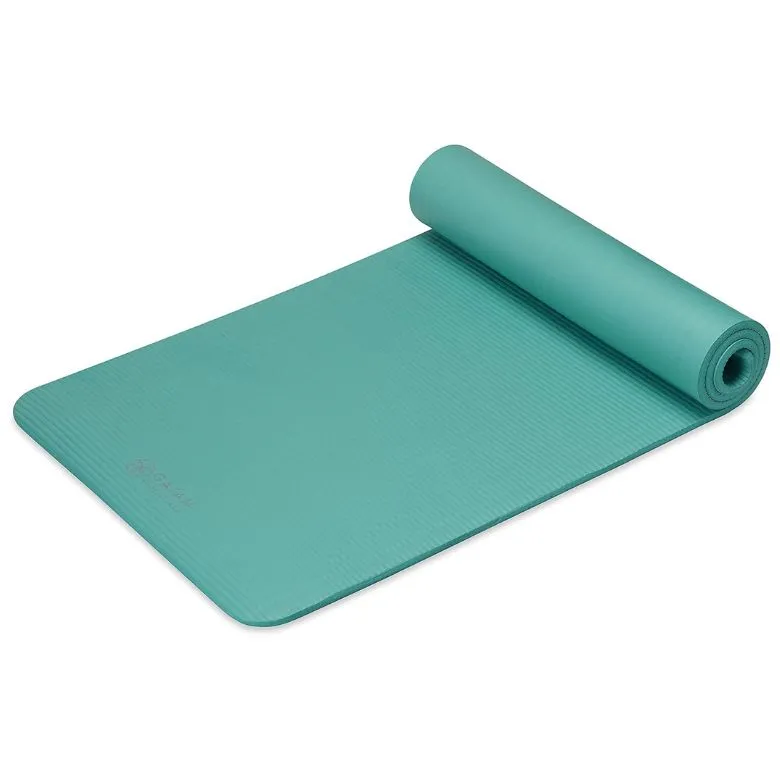4 Expert Tips for Better Sleep
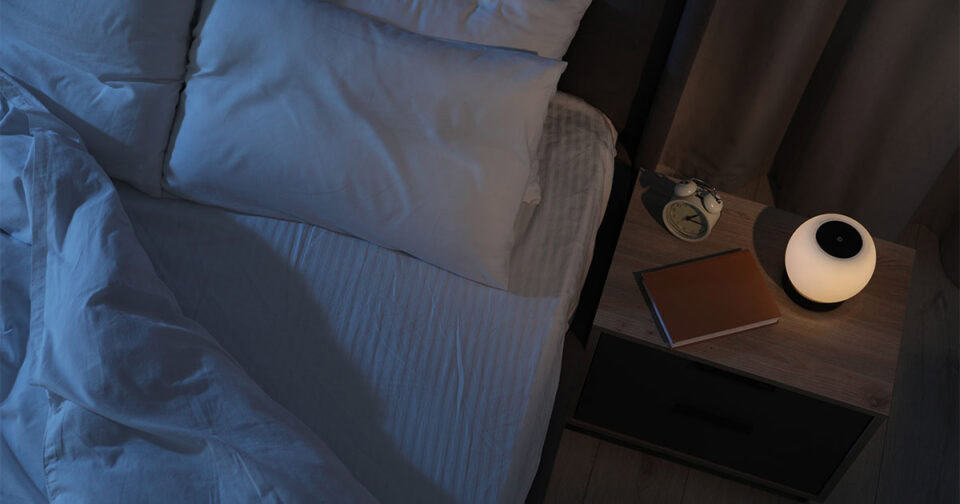
This site contains affiliate links to products. We may receive commission for purchases made through these links. Price at time of publish date may change.
Sleep is as basic a human need as eating, drinking, and breathing. It’s tied to remembering more, regulating emotions, and lowering the risk of cardiovascular disease and type 2 diabetes. Fantastic. Now raise your hand if you got enough z’s last night. Uh-huh. Sometimes, no matter how cozy you feel when you hop into bed, the tossing and turning just won’t stop. If that sounds like you, don’t worry—there are many factors that could be affecting your sleeping habits without you realizing. Luckily, there are also plenty of expert sleep tips to kickstart a healthier slumber.
While the amount of necessary sleep varies from person to person, on average, adults need seven to nine hours of it each night. And yet about a third of American adults aren’t getting enough sleep, according to the Centers for Disease Control and Prevention. The struggle for sleep is real—and common. But it’s also fixable. To help jump-start a better sleep routine, we spoke to some experts about their best tips and recommendations. Here’s how to start snoozing and stay that way.

1. Set (and Stick to) a Wake-Up Time
Teach your circadian rhythm what’s what by starting your morning at the same time every single day. “That is how you reset your internal biological clocks,” says Daniel Jin Blum, PhD, DBSM, a sleep psychologist and research assistant professor at NYU Shanghai.
And sorry, but when we say “same time every single day,” we mean weekends, too! As enticing as it might be to stay in bed until 11:00 AM on Saturday, you’ll benefit in the long run if you get going—but you can probably get away with one extra hour or so, says Charles Bae, MD, MHCI, a sleep medicine internist and associate professor of clinical medicine (sleep medicine) at at Penn Medicine.
Useful Alarm Clocks
2. Dim the Lights Early
Scrolling through your Facebook feed in bed at night is not a smart idea. The reason? Light inhibits sleep-friendly melatonin, which your brain fires off in response to darkness. Aim for two hours of dim light (which Blum says is “enough to see, but not really in color”) before bed.
Blue light is particularly problematic for melatonin production, so if you have to check email at night, use your device’s night mode, or buy a screen protector or blue light–blocking glasses.
Fresh Lighting Finds
3. Create a Wind-Down Routine
When kids are little, we read them a book and sing them a lullaby to get them into a bedtime mindset. Adults need a transition too. “It’s really important to try to make time for yourself and have a routine, instead of sprinting to the finish line and then jumping into bed, expecting to fall asleep,” says Bae.
Obviously, that routine will vary from person to person, and Bae says it’s actually okay to break the light rule (gasp!) if that’s what helps you best. “My wife, for example, needs to have a TV on, not because she’s watching it, but as background noise,” he says.
Nighttime Routine Helpers
4. Get Out of Bed
Really. If you’ve spent about 20 minutes with your head on the pillow and you’re still wide awake, go ahead and get up! Otherwise, “you’re creating a learned association of being in bed and being awake, so your body is then pulling for wakefulness when you go to bed,” says Blum.
Do something relaxing, like listening to slow jams or a meditation app on your phone. Again, you’ll want to try to avoid screen time, but there’s a caveat here, too: “If you start to become more anxious or frustrated, then TV is actually OK,” says Blum. “Use it to break that emotional cycle, and then you can do something that’s calming. Which makes sense, right? If we’re pretty upset, then breathing exercises are oftentimes not enough.”
Take as much time as you need to start feeling drowsy before giving your bed another shot. And do this consistently. “Some people will try one or two times and [decide] it didn’t work,” says Blum. “Shooting a basketball one or two times is not going to work. It takes practice.”
Wake-Up Essentials
When It’s Time to Chat With Your Doc
Prolonged trouble sleeping, or changes in your ability to sleep, aren’t a moment for white-knuckling or bootstrapping. “If you’re typically a good sleeper but then something happens and you start dealing with, say, insomnia for more than two weeks, that’s probably a good time to talk to someone,” says Bae. “Or, in the context of menopause, if all of a sudden you’re snoring like a bear or you’re not breathing at night, take action.” Whether your sleep issues are physical or emotional, addressing them can level up your quality of life and affect your health for years to come.
By Alison Goldman | Illustration by Bijou Karman
